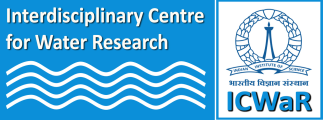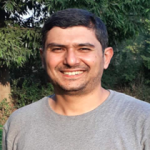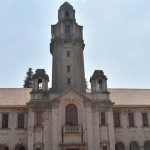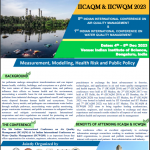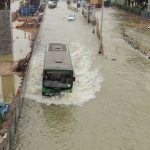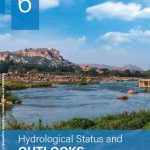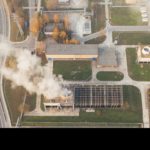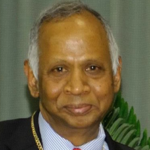Artificial Recharge – An all-weather solution for Groundwater Crisis or Overrated Panacea?
Name of the Speaker: Dr. Dipankar Saha
Title of the Seminar: Artificial Recharge – An all-weather solution for Groundwater Crisis or Overrated Panacea? [Gallery]
Date and Time: 28th August, 2019 (Wednesday), 4:00 PM
Venue: Lecture Hall, ICWaR
About the speaker: Dr. Dipankar Saha is a former Member (Head Quarters) Central Ground Water Board, former Member Secretary, Central Ground Water Authority and Head of National Ground Water Training and Research Institute, Raipur He spearheaded the National Aquifer Mapping and Management Programme, as National Coordinator. He obtained PhD on Ground Water Management from IIT- Dhanbad and has authored more than 50 papers in International Peer Reviewed Journals and delivered more than 300 lectures and key note address in national and International Seminars. He is professionally trained from Asian Institute of Technology, Bangkok and from JICA, Tokyo. He represented the country and presented papers in World Bank session at Kathmandu, International Atomic Energy Agency at Ho-Chi Minh City, and Vienna, World Water Week – Stockholm, India-UK Water Security Exchange- Wallingford, Oxfordshire, IAH Congress in Dajeon, Korea. He led the Govt of India Delegation to Myanmar. He remained member of many high level National Committees and has Edited/Co-edited books/Journals, the recent one is Water Governance- Challenges and Porospects published by Springer in 2019. He is the first recipient of National Geoscience Award in 2010 from CGWB as well as first recipient of Excellence in Ground Water conferred by International Association of Hydrogeologist-India Chapter in 2014.
Abstract: Groundwater is the lifeline of drinking, irrigation and industrial water supply in India. With an extraction of ~ 250 km3 annually, India are the largest user of Groundwater in the world. Though a plethora of government documents and policy papers highlighting planned and coordinated extraction management of groundwater resources is available, in practice, it has been hardly followed. So is the case of artificial recharge, often referred as medicine of all groundwater woos but mostly being executed in a segmented and unplanned manner often divested with scientific understanding of the area. Groundwater extraction has never been planned in conjunction with its annual recharge. The reason is the lack of structured approach by the Government. We use more than 85% of our extracted groundwater for irrigation through ~ 22 million wells owned by farmers. In absence of any regulatory mechanism, coupled with sops offered by the State Govts, mainly in the form of energy subsidy, has initiated a reckless extraction, creating havoc. The latest estimates reveal that about 20% of the assessment units are either overexploited or are alarmingly close to it. Artificial recharge and rain water harvesting is considered as a panacea for groundwater depletion. The Centre and State Government Departments spend huge public money mainly through various schemes like MNGREGS. The recharge structures are hardly dovetailed with local aquifer understanding, thus lacking in two basic arenas, location and design, and resulting in sub-optimal benefits. The other important issue is the lack of source water, which is primarily monsoon runoff in India. In arid and semi-arid areas, dearth of source water is a major challenge. Inter-basin water transfer should also considered for recharging the depleted aquifer. Moreover, because of climate change, the monsoon pattern is changing. The traditional understanding of types of structures and their designs needs to be revisited to accommodate and withstand high intensity rainfall.There are areas where acute groundwater mining has rendered such a condition that even if all possible recharge measures are successfully implemented and working, the resource would continue to deplete. Such a situation warrants strict direct or indirect regulation of extraction. The NAQUIM outputs are enhancing our knowledge and understanding of the prolific as well as depleted aquifer systems. The time has come to think of mega recharge schemes in hydrogeologically suitable areas.
Date/Time
Date(s) - 28/08/2019
4:00 pm
